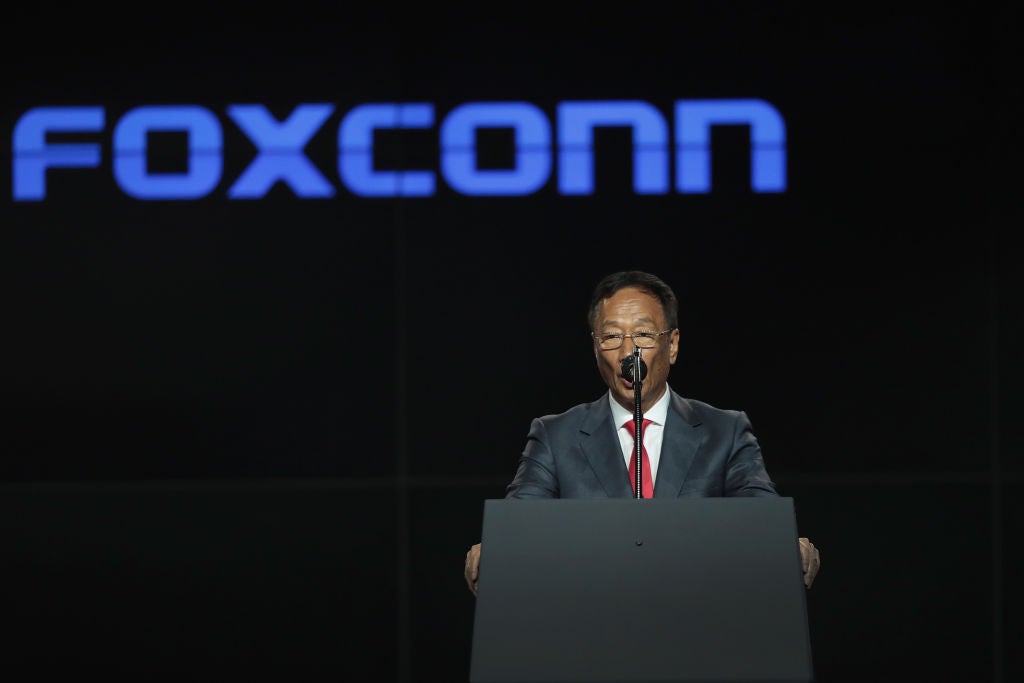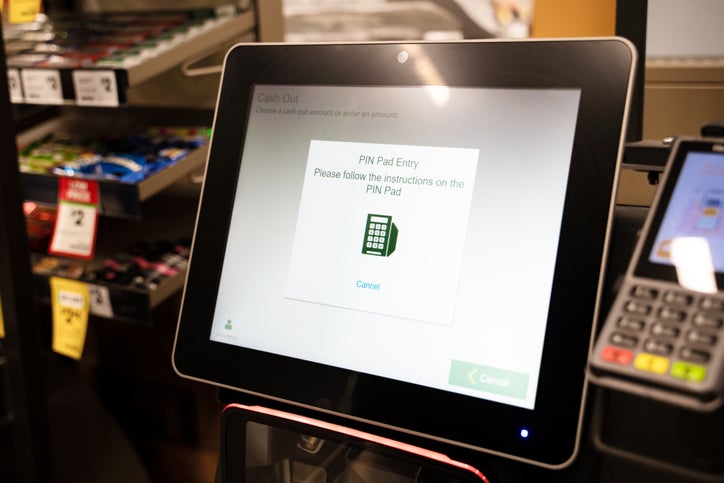
The founder and director of Foxconn, the world’s largest contract manufacturer of electronics, Terry Gou, has said that “there will be a shortage of electricity in the next year.”
Gou added that “people should not complain about the future lack of electricity.” Instead, they should “prepare”.
Hon Hai Precision Industry, better known as Foxconn, is a Taiwanese-headquarterd multinational electronics contract manufacturer and an essential supplier for many major international electronics companies, including Apple, Microsoft, Nintendo and Sony. The ongoing power shortages both in mainland China and Taiwan will continue to negatively impact an already strained global supply chain for international tech companies.
As Taiwan has very limited domestic energy resources, it must rely on foreign imports to satisfy its electricity demand. Oil, coal and natural gas made up around 72%% of the island’s total primary energy consumption in 2020, according to GlobalData’s analysis on Taiwan’s thermal power sector. Its energy import dependence is around 98%.
The vast majority of the island’s oil demands are sourced in the Middle East, while its coal mainly comes from Australia, followed by Indonesia and Russia.
Following the growing global volatility in the energy sector and rising prices, Taiwan’s vulnerability to energy market risks has become particularly salient recently. Due to a worldwide rise in demand for thermal energy and the related surging coal prices, Taiwan’s energy supply sector has been facing pressure.
How well do you really know your competitors?
Access the most comprehensive Company Profiles on the market, powered by GlobalData. Save hours of research. Gain competitive edge.

Thank you!
Your download email will arrive shortly
Not ready to buy yet? Download a free sample
We are confident about the unique quality of our Company Profiles. However, we want you to make the most beneficial decision for your business, so we offer a free sample that you can download by submitting the below form
By GlobalDataIn May, the country imposed power cuts following a spike in electricity demand amid a heatwave and drought and a failure at a power plant. During those months, major semiconductor factories, including the world’s largest chipmaker, Taiwan Semiconductor Manufacturing Company (TSMC), imposed phased blackouts to manage the power shortages.
Gou said earlier this month that 2021 was a year full of challenges for global entrepreneurs. The ongoing Coronavirus pandemic and a shortage of vaccines in Taiwan have led to a supply chain crunch. Gou was tasked earlier this year to negotiate on Taiwan’s behalf for Covid-19 vaccines.
He also hinted at Taiwan’s energy trilemma: finding a way to strike a balance between achieving future energy security, affordability, and sustainability. However, he lamented that, for now, renewable energy sources such as wind and solar could only be regarded as a backup plan for Taiwan’s high-tech sector.
Taiwan’s economy is highly dependent on its vital but power-intensive electronics industry. As the majority of electricity is produced by using either coal or Liquefied Natural Gas (LNG), the electronics industry has become one of Taiwan’s largest carbon dioxide emitters.
TSMC alone accounts for an estimated 4.8% of the nation’s total power consumption, exceeding that of its capital Taipei, according to the European Institute for Asian Studies.
Meanwhile, Foxconn’s biggest factories are located in mainland China, where power shortages have also plagued the manufacturing industry.
The double whammy of a power supply crunch in Taiwan and China, plus the ongoing semiconductor shortage, has adversely affected the supply chains of numerous tech multinationals, such as Apple, one of Foxconn’s main clients.
In what has been described by Nikkei Asia as Apple’s nightmare before Christmas, the Californian tech giant was recently forced to close several factories in China due to supply chain constraints and power outages. This comes at a time when the company usually goes into manufacturing overdrive to keep up with the rise in demand over the festive period.
“Due to limited components and chips, it made no sense to work overtime on holidays and give extra pay for front-line workers,” a supply chain manager involved told Nikkei Asia. “That has never happened before. The Chinese golden holiday in the past was always the most hustling time when all of the assemblers were gearing up for production.”
Shortly after the launch of its new iPhone 13 range, the company found that it had a shortage of millions of units, meaning that in many countries, customers are now too late to buy some of Apple’s products in time to give them as holiday presents.
China’s energy supply crunch has impacted numerous international industries. Earlier this year, bitcoin mining took a hit when China decided to terminate all mining activities, partially due to energy consumption concerns.
China’s central province of Sichuan – which was previously one of the world’s most significant regions for bitcoin mining – told miners in June that they had to move their businesses elsewhere.
Many miners in the past moved to the region specifically during the summer to take advantage of the area’s rich hydropower resources during the rainy season, which resulted in low electricity prices.






